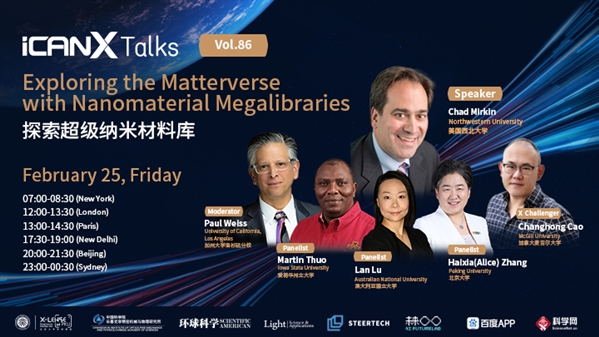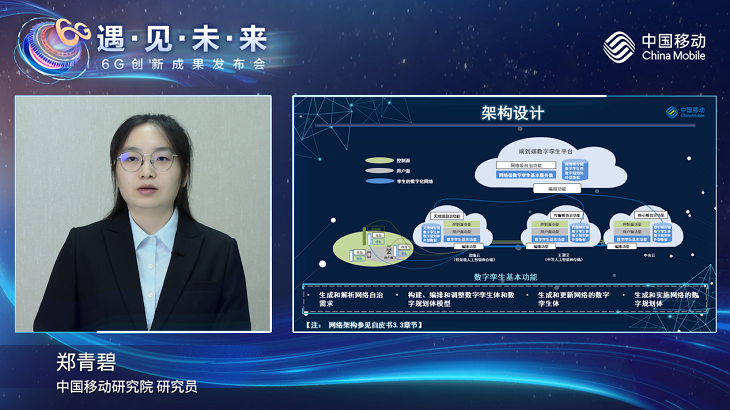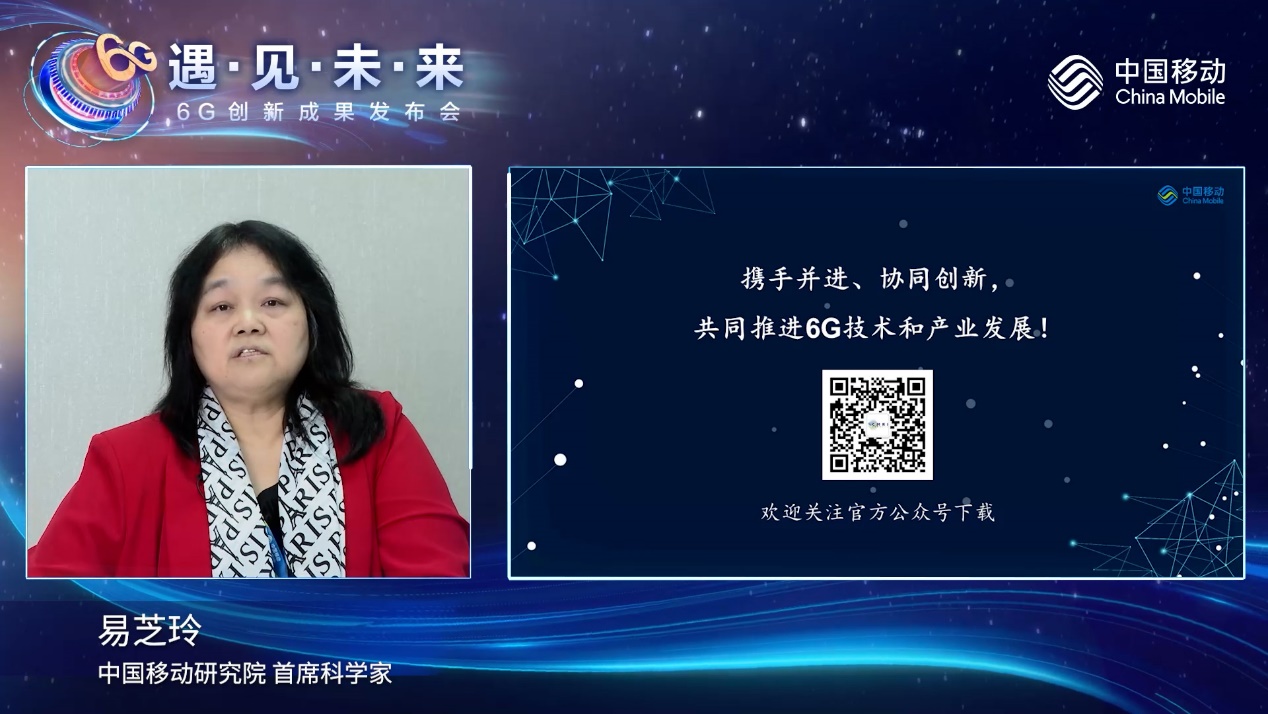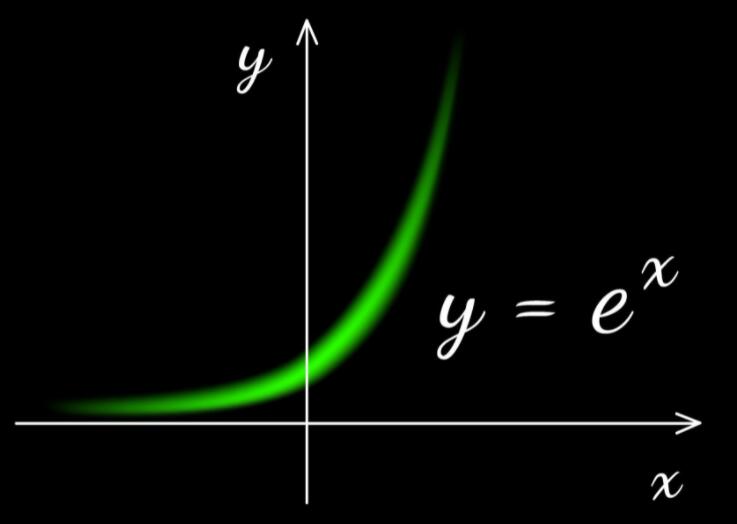
直播时间:2月25日(周五) 20:00
直播地址:科学网新浪微博直播间
扫码进入科学网新浪微博直播间观看直播
科学网微信视频号将同步直播
报告介绍:

Exploring the Matterverse with Nanomaterial Megalibraries
探索纳米‘超级材料库’的无限可能性
Chad A. Mirkin
Northwestern University
美国西北大学
Abstract
Throughout history, the materials we have used and relied on have evolved over time, slowly becoming more complex. The progression from the stone tools used by early-man to the composite synthetic materials used today took centuries due to the massive parameter space that materials encompass. For instance, when one considers the 91 metal elements in the periodic table, and all possible combinations of them, a nearly infinite number of possible materials exist. This is particularly true at the nanoscale where small changes in size or shape, even at a fixed chemical composition, can dramatically change a material’s properties. Therefore, the ability to rapidly synthesize and subsequently screen materials for desired properties is needed. We have developed a nanoscale scanning probe lithography approach that, through the deposition of polymeric nanoreactors and thermal annealing, enables the preparation of“megalibraries”of as many as 5 billion positionally encoded nanomaterials with distinct chemistries, including metallic or ionic nanoparticles and perovskites. These libraries can be tailored to encompass a wide variety of alloy and phase-separated nanoparticles that are comprised of as many as 7 different elements with up to four phases and six interfaces. Importantly, one megalibrary contains more new well-defined inorganic materials than chemists cumulatively have produced and characterized to date and can be used to identify new materials and catalysts for important chemical transformations. In addition, important insight into how thermodynamic phases form in polyelemental nanoparticles has been obtained, and design rules for engineering heterostructures in polyelemental nanoparticles has been established. We are now developing new high-throughput structure, catalysis, and luminescence characterization techniques that match the unprecedented speed of megalibrary
synthesis. Together, this approach lays the foundation for creating an inflection point in the pace at which we both explore the breadth and discover the capabilities of the matterverse.
纵观历史,我们使用的材料随着时间逐渐变得复杂。人类用了几个世纪才从使用石器迈入如今合成复合材料的时代,正是因为材料有着巨大的参数空间。例如,我们可以用元素周期表中的91种金属排列组合出无限多可能的材料。材料的可能性在纳米尺度尤为明显,即使化学成分不变,尺寸或形状的微小变化也会导致材料的特性发生变化。因此,我们需要可以快速合成,并从中选出特性合适材料的途径。我们研发出了一种纳米级扫描探针的光刻方法。通过沉积聚合的纳米反应器和退火,这个方法可以制备容纳多达 50 亿个具有独特位置编码和不同化学性质纳米材料的“超级材料库”,其中可包括金属或离子纳米粒子和钙钛矿。我们还可以定制这些“材料库”,从而容纳各种合金,以及具有多达 4 个相,6 个界面,多达7种元素组成的相分离纳米粒子。更重要的是,一个“超级材料库”可包含的新可辨别无机材料的数量比化学家迄今为止累计生产和表征的还要多,且可用于识别化学转化中的新材料和催化剂。此外,我们还深入了解了多元素纳米粒子中相的形成,并总结出在多元素纳米粒子中构建异质结构的方法。如今,我们正在研发新的高通量结构、催化和发光表征技术,以匹配“超级材料库”前所未有的合成速度。总之,我们的成果在人类探索物质功能性的步伐中奠定了新的拐点。
Biography
Chad Mirkin is the Director of the International Institute for Nanotechnology and the Rathmann Professor of Chemistry, Chemical & Biological Engineering, Biomedical Engineering, Materials Science & Engineering, and Medicine at Northwestern University. He is a chemist and a world-renowned nanoscience expert, who is known for his discovery and development of spherical nucleic acids (SNAs) and SNA-based biodetection and therapeutic schemes, Dip-Pen Nanolithography (DPN) and related cantilever-free nanopatterning and materials discovery methodologies, and contributions to supramolecular chemistry and nanoparticle synthesis. Mirkin received his B.S. degree from Dickinson College (1986) and a Ph.D. degree from the Penn State University (1989). He was an NSF Postdoctoral Fellow at the MIT prior to becoming a professor at Northwestern in 1991. He has authored >830 manuscripts and >1,200 patent applications (>390 issued) and founded eight companies. Mirkin has been recognized with >230 awards, including the Kabiller Prize in Nanoscience and Nanomedicine, SCI Perkin Medal, Dan David Prize, and Sackler Prize in Convergence Research. He served on the President’s Council of Advisors on Science & Technology, and he is one of very few scientists to be elected to all three US National Academies. Mirkin was an Associate Editor of J. Am. Chem. Soc. and is a Proc. Natl. Acad. Sci. USA Editorial Board Member. He has given >870 invited lectures and educated >300 graduate students and postdoctoral fellows, of whom >120 are now faculty members at top institutions around the world.
Chad Mirkin教授是美国西北大学国际纳米技术研究院主任,化学、化工与生物工程、生物医学工程、材料科学与工程和医学的Rathmann提名教授。他是世界著名的化学家及纳米科学专家,他因发现并开发球形核酸(SNAs)及基于SNAs的生物检测和治疗方案、Dip-Pen纳米光刻技术(DPN)以及发现相关的无悬臂纳米图案和材料而闻名,并对超分子化学和纳米颗粒合成做出了重要贡献。Mirkin教授于1986年在迪金森学院获得学士学位,1989年在宾夕法尼亚州立大学获得博士学位。在1991年成为西北大学教授之前,他是麻省理工学院的NSF博士后研究员。他发表了多达830余篇论文及参与申请了1200多份专利 (其中390份已授权),并成立了8家公司。此外,Mirkin教授还获得了超过230个奖项,包括纳米科学和纳米医学Kabiler奖、SCI Perkin奖章、Dan David奖以及Sackler奖。他曾任职于美国总统科学技术顾问委员会,是为数不多的美国三院院士之一。Mirkin教授也是《美国化学学会杂志》的副主编,及《美国国家科学院院刊》的编委会成员。他做了870多场讲座,培养了300余名研究生和博士后,其中120人现在是世界顶尖机构的教授。
Keywords
Nanomaterial 纳米材料
Nanoscale Scanning Probe 纳米级扫描探针
Lithography 光刻
同时,本次讲座也邀请了来自加州大学洛杉矶分校的Paul S Weiss教授担纲主持。来自爱荷华州立大学的Martin Thuo教授,澳大利亚国立大学的傅岚教授;以及来自北京大学的张海霞教授担任嘉宾,来自加拿大麦吉尔大学的曹长宏教授担任挑战者。精彩不断,敬请期待!2022年,iCANX将继续努力,为科学交流服务,提供一个全球学术交流的顶级平台,敬请大家期待!
At the same time, this lecture invited professor Paul S Weiss from University of California as host. Professor Martin Thuo from Iowa State University and professor Lan Fu from Australian National University,professor Haixia Zhang from Peking University as guests. Cao Changhong from McGill University in Canada served as X-challenger. In 2022, iCANX will continue to work hard to serve scientific exchanges and provide a top platform for global academic exchanges. Please look forward to it!
























